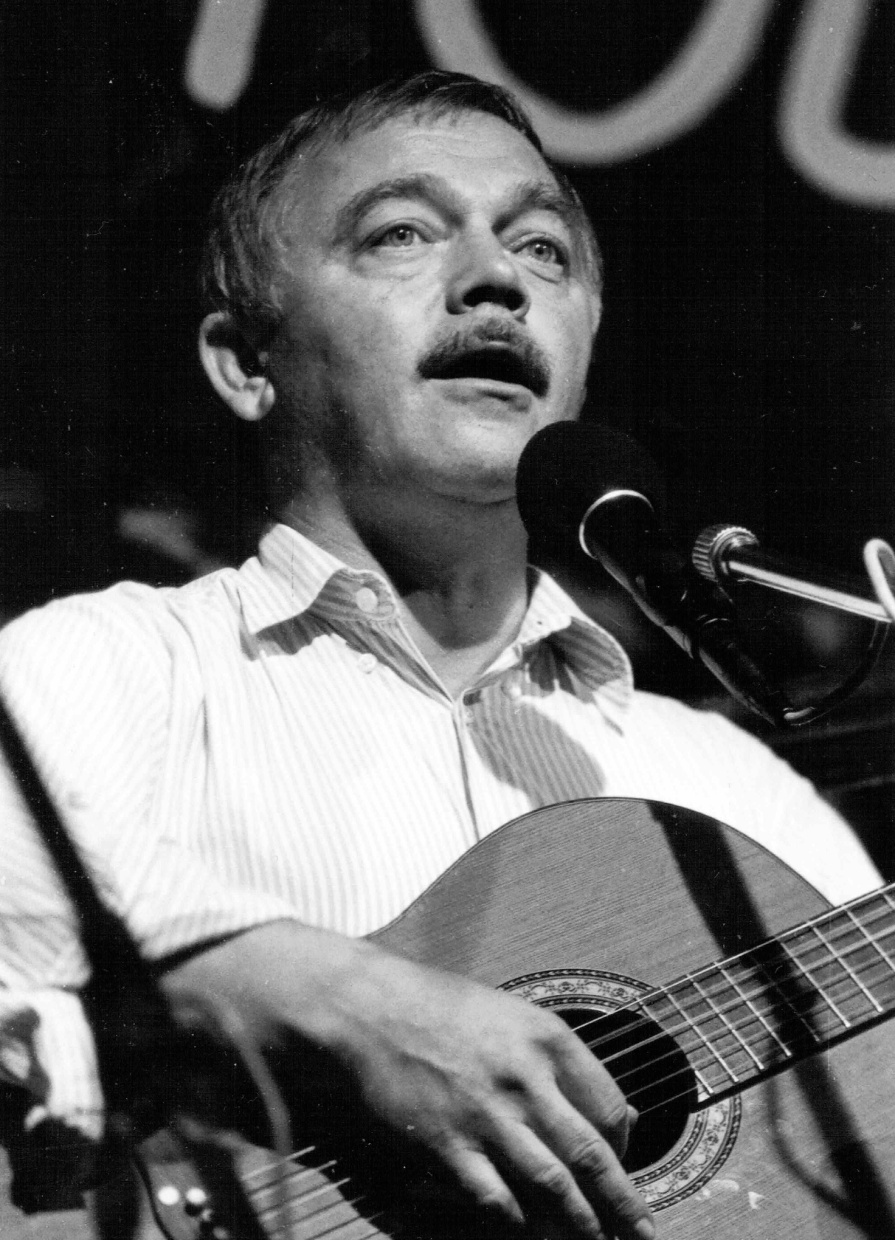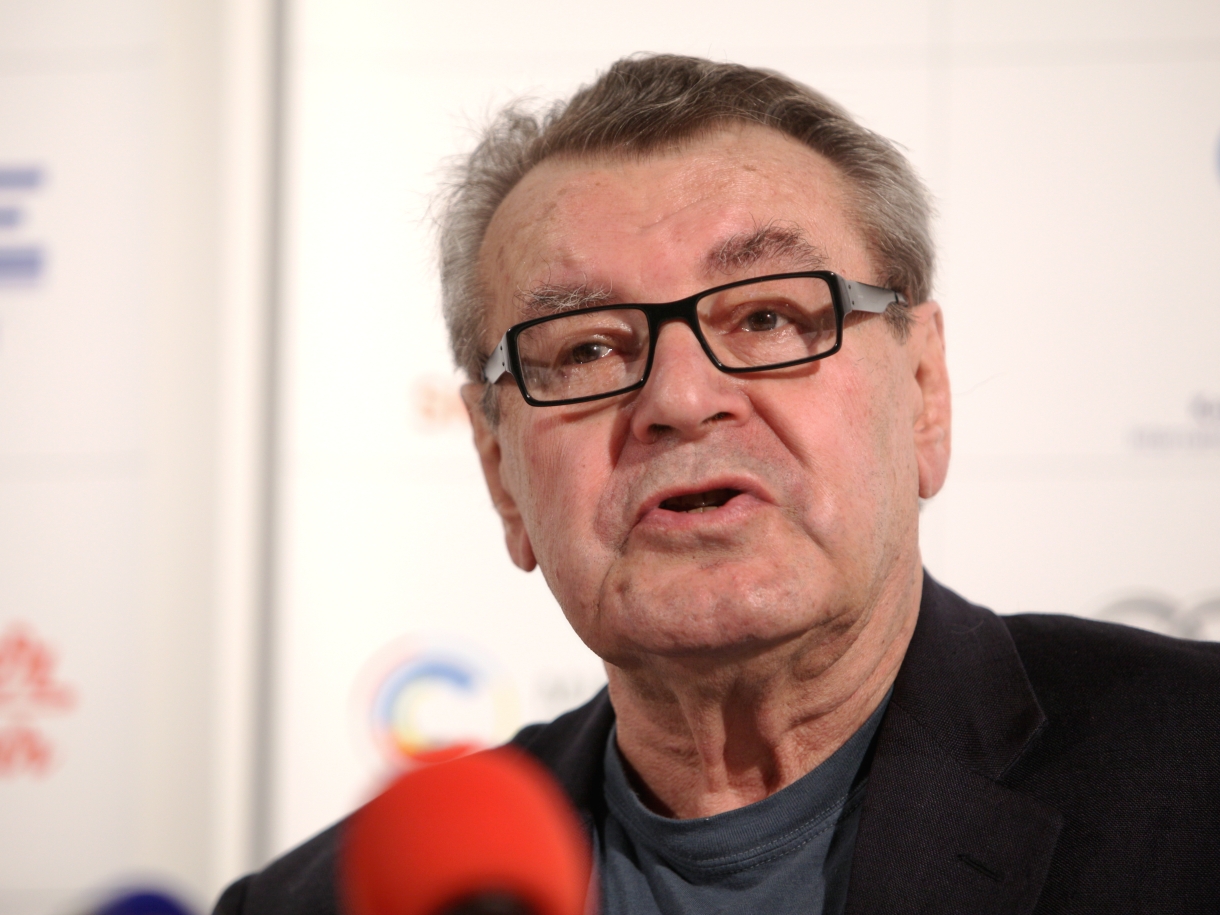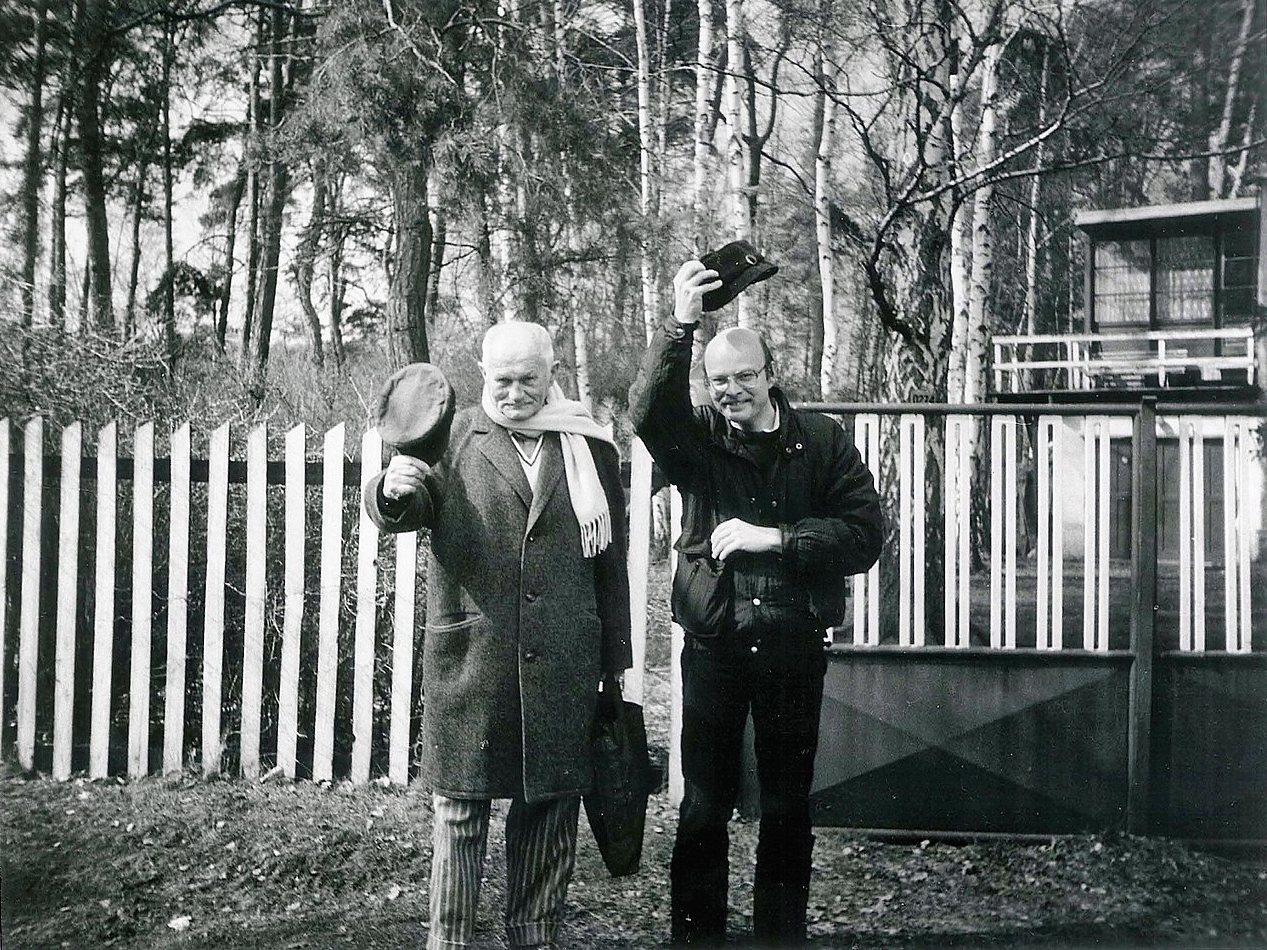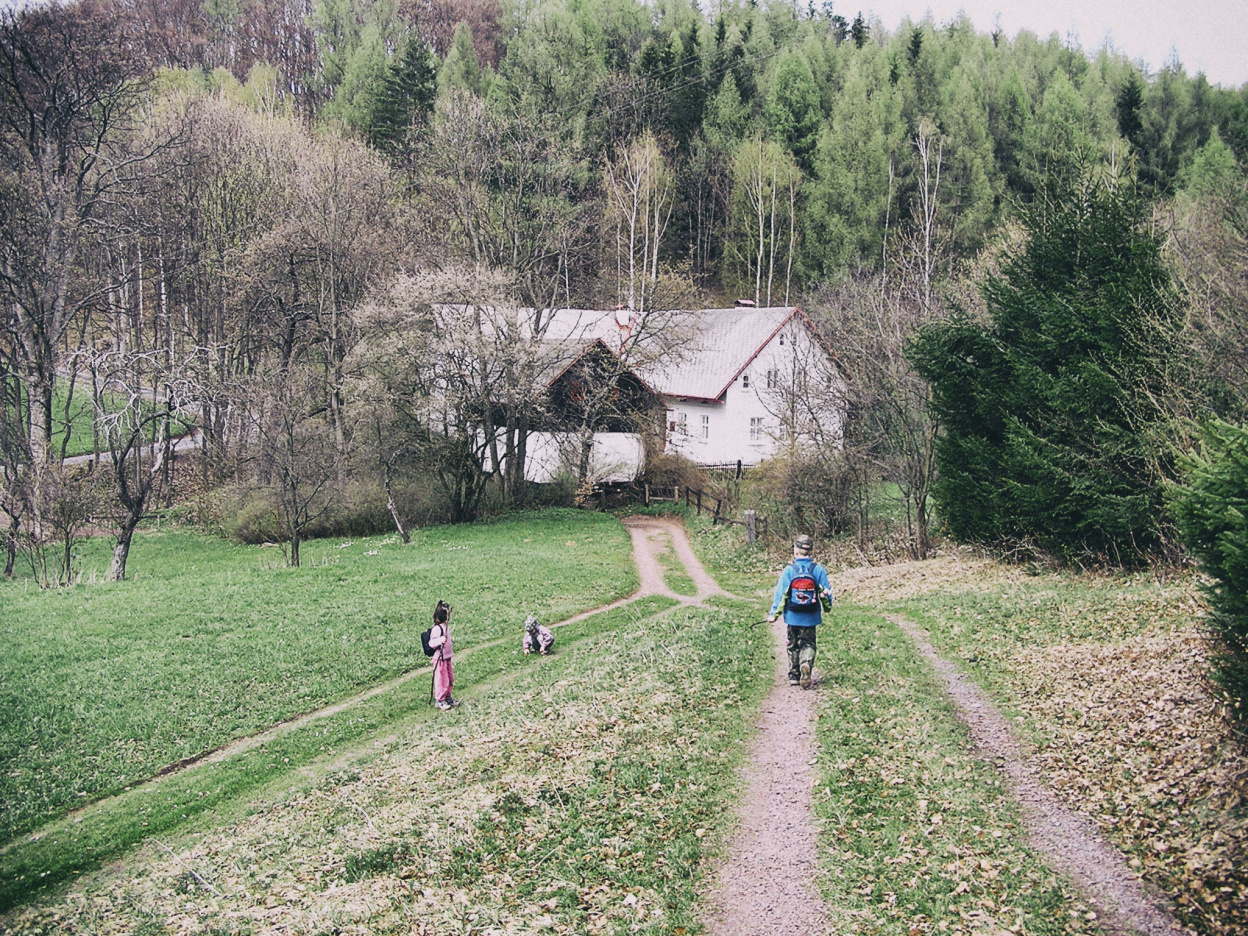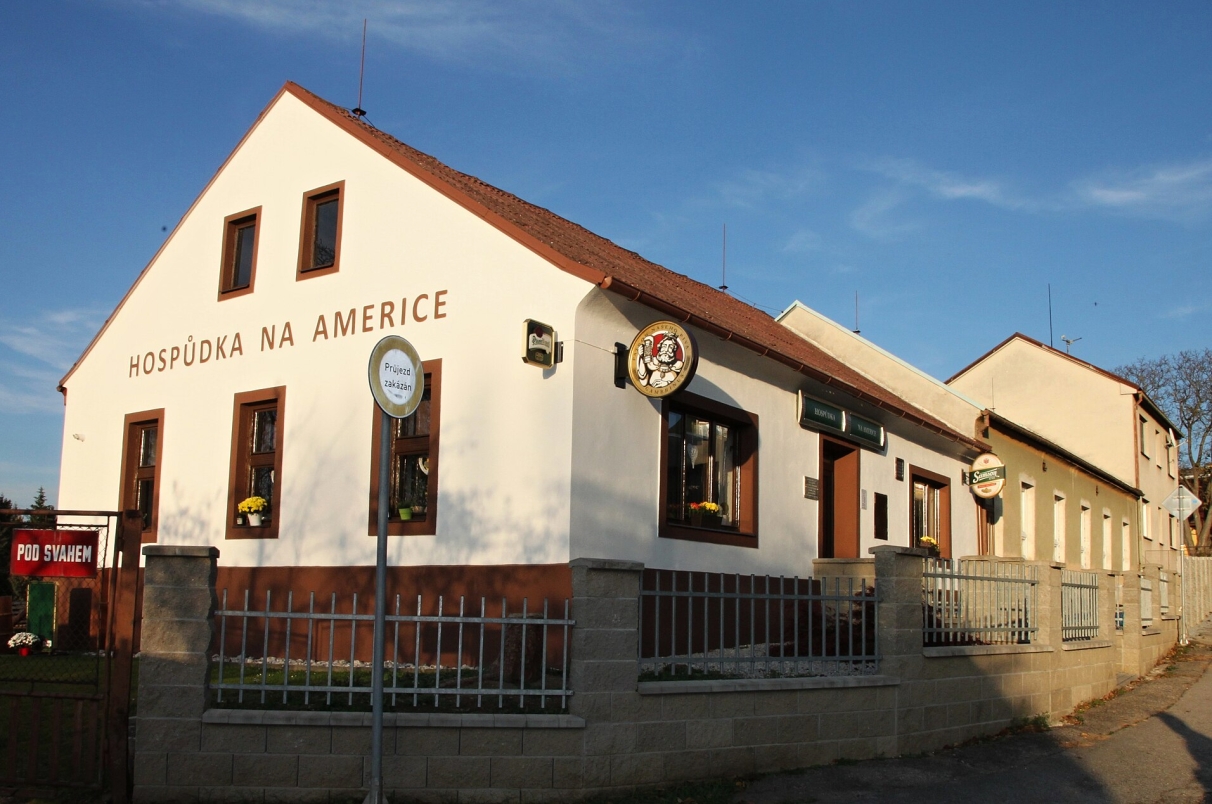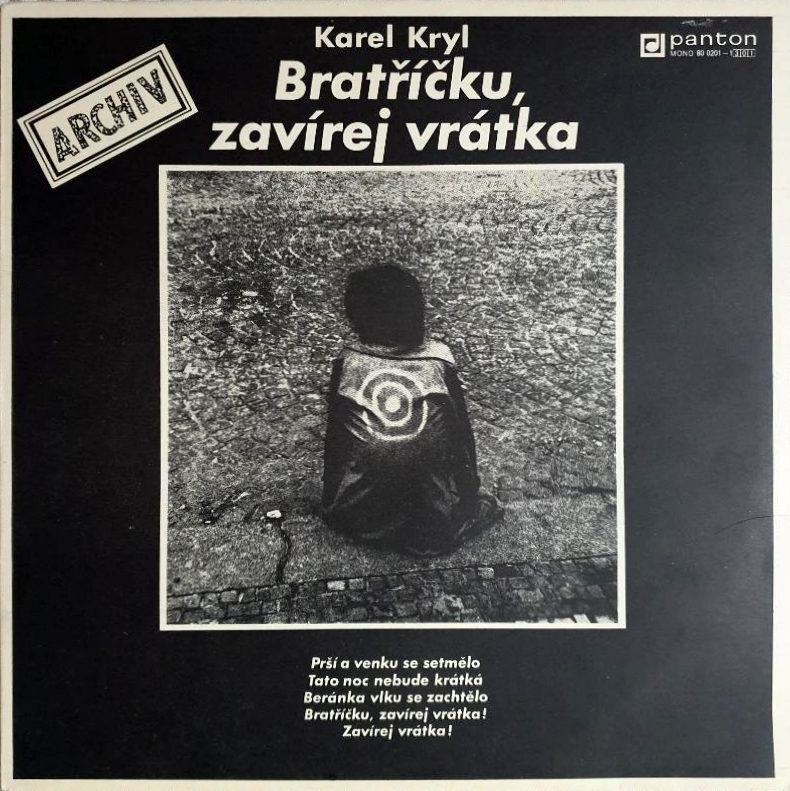
The independent culture under the communist regime – Ostrava
Czech figure of the „Culture against communism” topic
Culture is an important part of every community. In socialist Czechoslovakia, culture played an essential role both for the communists and for groups that were politically and ideologically on the other side. The television entertainment was the main way in which the communist party maintained its legitimacy, but culture in general was equally important to those who disagreed with political situation or sought something other than state-controlled cultural offerings. In the Eastern Bloc, culture often became an expression of disapproval of the communist government.
The new Czechoslovak film wave was an important part of the cultural definition. In the 1960s, the film generation of Miloš Forman, Věra Chytilová and Jiří Menzel brought fresh and critical perspectives on social issues in Czechoslovakia, including criticism of the political conditions. After the censorship was tightened in the early 1970s, most of the films were banned.
Writers were also in a difficult position. Some of them were allowed to work under the censorship, so the authors themselves, such as Bohumil Hrabal, often directed their writing towards less conflicting themes. Another group of writers retreated into illegal publication of banned texts and some of them, such as Milan Kundera, decided to emigrate.
One of the most prominent critics was the singer-songwriter Karel Kryl, who opposed the occupation of Czechoslovakia in 1968. In the eyes of the regime, the independent music scene threatened the “normalization peace”. In the 1970s it was mainly the underground – unofficial subcultures of people who tried to break out of the “normality” of everyday life with their alternative lifestyle. Their intention, however, was primarily not to criticize the regime, but to create free art.
Almost all events of “second culture” were subjected to interference by the state police (StB). For example, the StB’s intervention against the band Plastic People of The Universe (PPU), resulted in some members being even sentenced to prison. But their trial helped to link the underground scene with the dissent circle around Václav Havel. Havel’s cottage in Hrádeček near Trutnov then became a kind of alternative cultural centre.
The independent culture in Czechoslovakia was an important kind of rejection of the practices of the communist regime, but also of the simple need to live socially freely. The status of „the enemy of the state” and „dangerous elements” was thus often attributed to these groups by the regime itself.
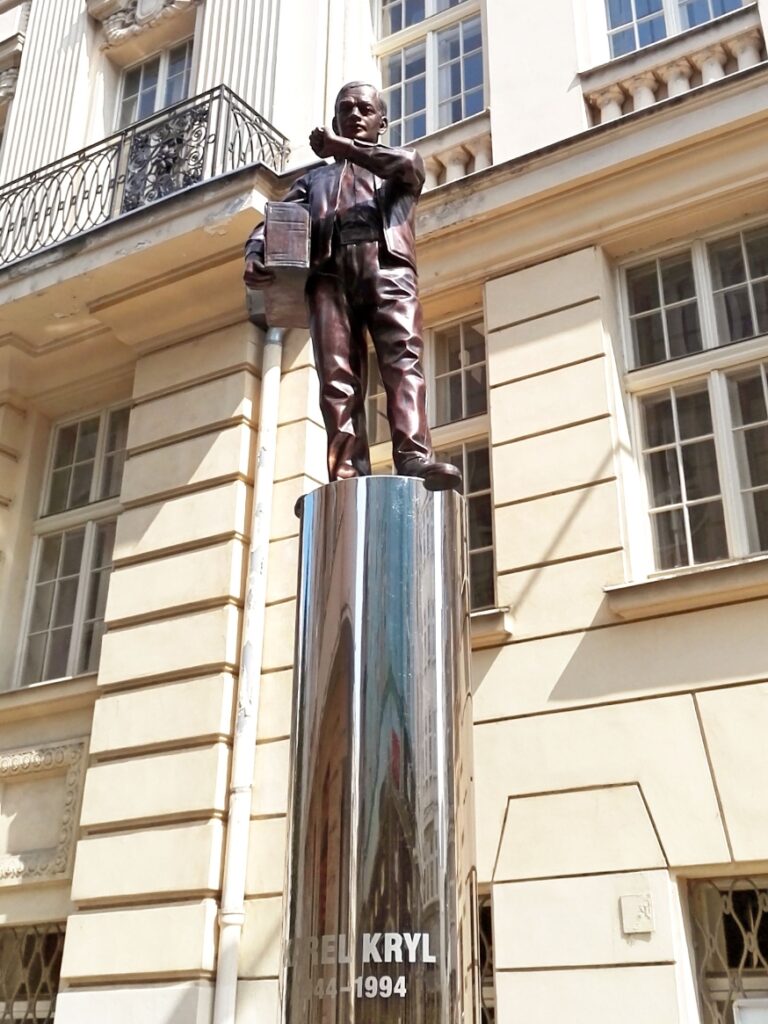
Facts


